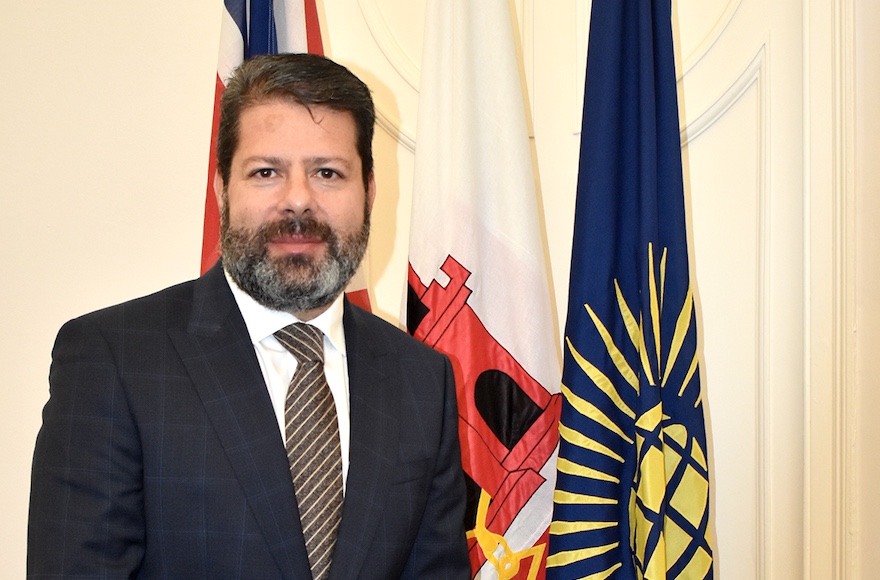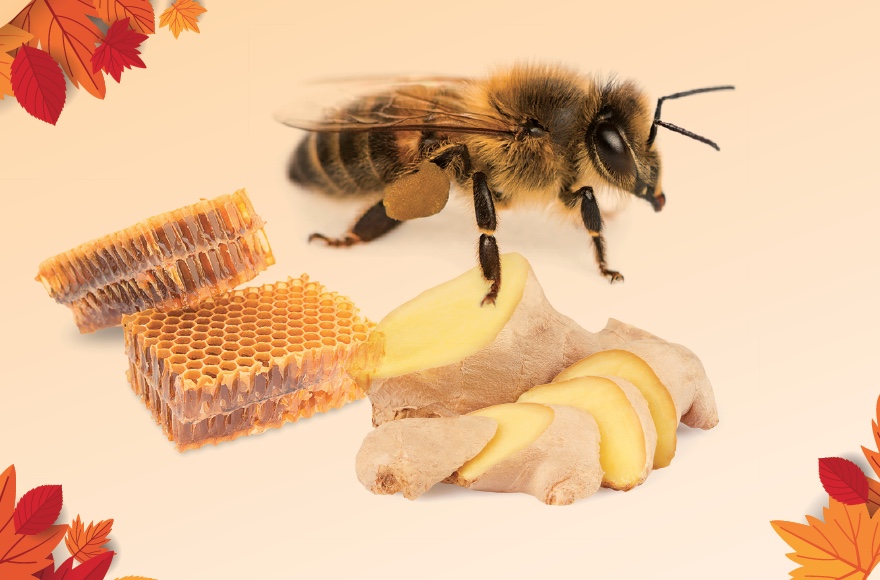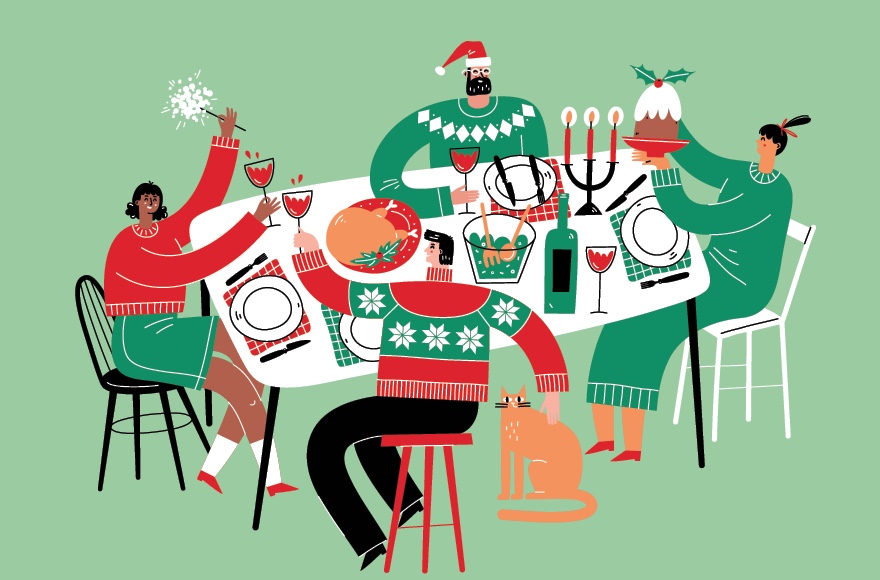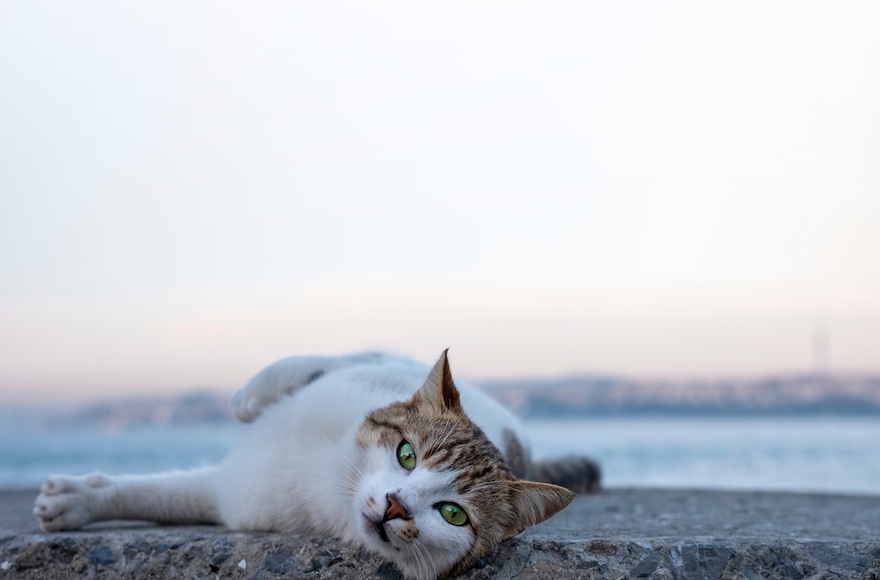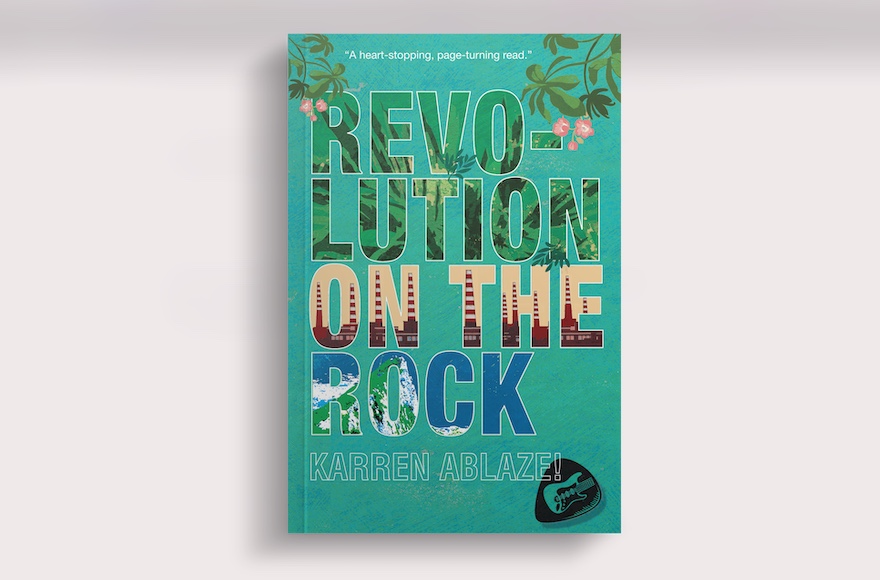Sandy Burnett and all that jazz
Musician and broadcaster Sandy Burnett came to Gibraltar in October to present his illustrated talk entitled ‘All That Jazz’ to The Arts Society at the Garrison Library.
“I’m a funny mixture of classical musician and jazz musician,” he tells me. “There are other kinds of musicians who train all their lives to be second oboe in an orchestra, and that is a fantastic profession, but it is not me. I am much more a bigger picture type person so that is why I gravitated towards talking about music as much as playing it because I really wanted to put music in context of where it comes from.”
Sandy explains that he didn’t come from a family of professional musicians, although there was always music at home, but that music has always come quite naturally to him. “At my boy’s school in Glasgow in the early 1970s we all were playing recorders, and from then there was a very enterprising Saturday string school that encouraged people to play string instruments in the classical setting,” he says. “It was very natural for me to play the violin but we were also taught music theory which gave me a very good classical grounding early on in my life.”
During his musical upbringing, Sandy credits the system of youth orchestras as a brilliant way of learning his craft. “In Glasgow there was a youth orchestra and we used to play symphonies and concertos conducted by professional conductors and with tutors from the big orchestras,” he states. “Then I went on to play with the National Youth Orchestra of Scotland, and it was a really important way into the making of music for me.”
It was in the 19070s whilst listening to BBC Radio programmes that weren’t just playing classical music that Sandy became interested in contemporary music of all kinds, including Jazz. “When I was in sixth form at school we discovered a double bass in the school music cupboard, and as I already played bass guitar and guitar I picked it up and taught myself how to play, and years later that is what I am still doing.”
Leaving Scotland to broaden his horizons, Sandy applied and got in to St. Catherine’s College Cambridge. “It was a lovely nurturing friendly place with a really mixed intake and we would go to lectures to study music, but the main activity was done outside the lecture room when we would write music, put on concerts ourselves, do theatrical shows and hold events, and sometimes they would be terrible but sometimes good,” he laughs. “I was still playing violin at this time, but I really don’t very much anymore, certainly not for money.”
During his twenties, Sandy became a theatre musical director, but didn’t feel it was the way forward for him. “Through a stroke of luck I pitched for and eventually got a job as a radio presenter/announcer for Radio 3 at the time when the ethos was changing in the mid-90s and they wanted to bring new people in who knew about music from the inside as players,” he says.
“That gave me a lot of experience of how to convey the essence of a piece of music to listeners, and although a lot of them are connoisseurs who listen to the radio, particularly that radio station, a lot of them aren’t and I think without people like me having a go at doing that – there is a real risk that we will lose the audience altogether.”
Yet another ‘string to his bow’ is that of author. His book The Idler Guide to Classical Music came about after Sandy held weekly classes in The Idler bookshop in Notting Hill in London. “The literati would come in and I would talk to them about classical music and I realised that there was a gap in their knowledge, so the bookshop asked me to put it in book form to fit in with another series of Idler Guides.”
Lecturing for The Arts Society keeps him busy with around fifty talks a year to various societies across the UK and Mainland Europe. “I also take people to music festivals through cultural tour companies – mainly in the classical field but sometimes Jazz as well – and the rest of the time I compose and play music,” Sandy comments. “I think you can tell I am quite enthusiastic about what music can do.”
“For years I have been experimenting with bringing the first side of my work, which is talking about music, together with the second side of my work which is playing and conducting music, so I am doing discovery concerts and discovery events, going to Malta in October 2023 to collaborate with a choir there about the music of William Bird – Queen Elizabeth I’s favourite composer.”
Asked if he has any unfulfilled ambitions, Sandy replies: “to do more of the same but better – and also to see if I could bring my practical music making together with the insight side of things so that we can create discovery concerts and break down barriers within and also beyond music itself.”





